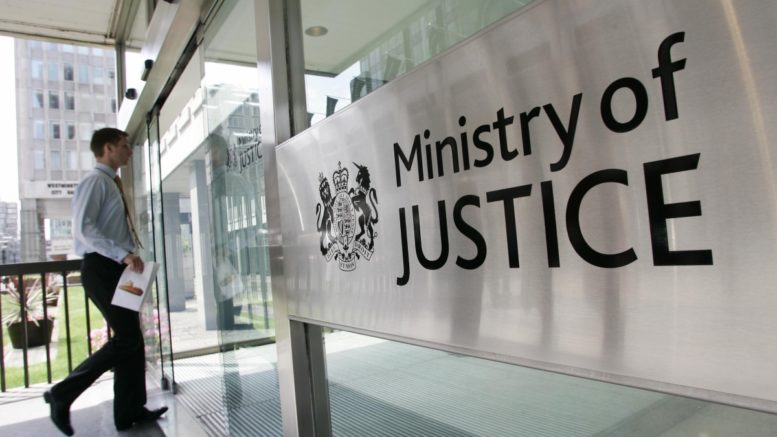Landlords across England and Wales are being forced to wait up to nine months to legally repossess their properties due to chronic delays in the County Court system, a new parliamentary report has confirmed. The Justice Select Committee, which oversees the Ministry of Justice, has concluded that the courts are “failing to deliver civil justice”, with private landlords paying the price for years of underinvestment, staff shortages, and piecemeal reforms.
According to figures from eviction specialists Landlord Action, landlords are now waiting an average of nine months from instructing a solicitor to securing possession of their property. This drawn-out process is wreaking havoc on rental businesses already facing mounting arrears and uncertainty over Section 21 reforms.
“Let’s rewind back to 2019 when there was talk, prior to Covid, of having dedicated housing courts,” said Paul Shamplina, founder of Landlord Action. “We need more judges, more bailiffs and faster rollout of digitisation – but not enough has been done on these fronts yet.”
Landlords left in the lurch by broken court system
The cross-party committee criticised both current and former governments for their sluggish and inconsistent approach to modernising the courts. Despite Labour’s promise of a new digital possession claims service, the report highlights the glaring omission: no planned upgrade for enforcement mechanisms, which are vital for landlords trying to regain control of their properties.
The Law Society’s president, Richard Atkinson, echoed the committee’s concerns. “County courts provide a vital public service for communities and businesses of all sizes,” he said. “But right now, the wheels of justice are turning too slowly, causing backlogs that have a devastating impact on the people caught in them.”
He didn’t hold back about recent attempts to digitise the courts either: “Recent reforms have not worked. Over 50% of solicitors we surveyed do not believe that the new online portals are effective in delivering justice.”
Atkinson called for urgent investment in court buildings, technology and staffing: “If the government properly funded our courts and those who work in them, thousands of people would be freed from the legal limbo caused by long waits.”
Section 21 ban set to deepen the backlog
The report lands just as the new Renters’ Rights Bill prepares to phase out Section 21 ‘no fault’ evictions – a move expected to significantly increase pressure on an already overstretched court system. With landlords unable to rely on quicker no-fault routes, more cases will be funnelled through the possession hearings process.
Shamplina warned, “The workload faced by the County Courts is only going to increase once Section 21 evictions are banned. The courts system needs to be fixed and in particular needs greater investment if, as the Justice Committee report points out, justice is to be delivered.”
The idea of dedicated housing courts, once floated pre-pandemic, has never gained traction. For now, landlords must continue to navigate a system riddled with bottlenecks and inefficiencies, even as they shoulder the risk of tenants in arrears or properties in disrepair.
Will landlords ever see real justice reform?
The report has exposed a growing disconnect between housing policy reforms and the practical systems required to enforce them. Without real action, private landlords – who provide homes for nearly one in five UK households – remain trapped in an underfunded system that many feel has turned against them.
The bigger question is this: how can the government expect landlords to provide stable tenancies and meet rising regulatory demands if it won’t deliver timely access to justice?
As more investors rethink their future in the rental sector, the failure to modernise the courts may prove to be the straw that breaks the camel’s back.








